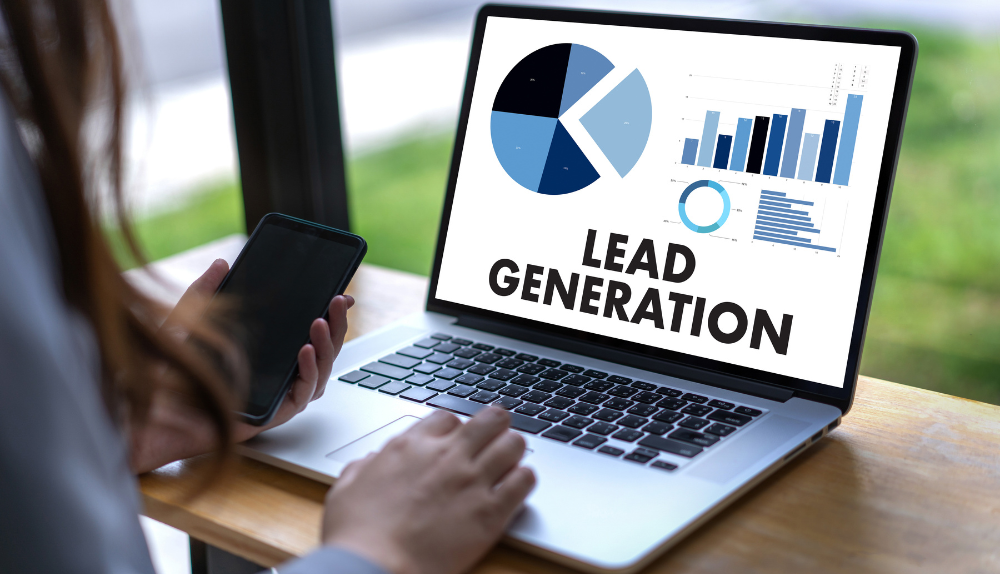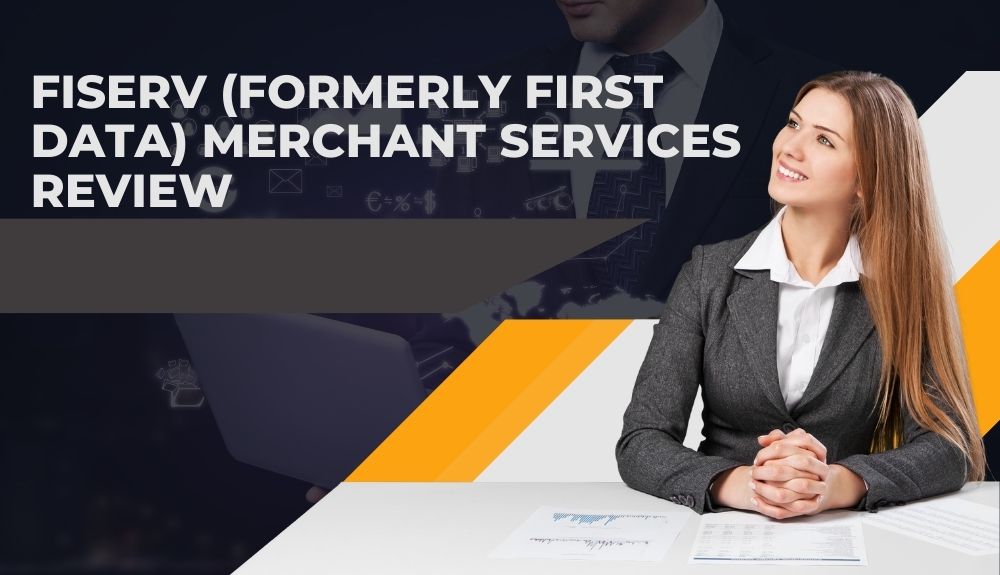How Sales Reps Can Use Generative AI to Sell Faster
Generative AI, an influential technology leveraging machine learning, has become a game-changer across multiple sectors, including sales. In sales, generative AI enables computer systems to create human-like responses and content, presenting a highly valuable tool for sales representatives. This technology empowers reps to optimize their sales approach, enhance customer interactions, and ultimately accelerate the deal-closing process. In this article, we will explore the ways sales reps can harness generative AI to sell faster by streamlining their sales methods, improving customer engagement, and expediting sales cycles.
Understanding Generative AI to Sell Faster
Generative AI, short for Generative Artificial Intelligence, is a technology that utilizes machine learning algorithms to generate original and creative content. Unlike traditional AI systems that primarily analyze and classify data, generative AI has the unique ability to create new data that resembles human-generated content. It operates by learning patterns and structures from large datasets, allowing it to generate novel outputs based on the learned knowledge.
One of the remarkable capabilities of generative AI is its ability to generate human-like text. By learning from vast amounts of written material, such as books, articles, and online content, generative AI models can generate coherent and contextually appropriate text. This technology has shown promise in applications like automated content creation, personalized messaging, and virtual assistants.
Additionally, generative AI can generate realistic images and visual content. By analyzing large datasets of images, such as photographs or artwork, generative AI models can learn to create new images with similar styles, colors, and compositions. This has significant implications for fields like graphic design, advertising, and entertainment, where the generation of high-quality visual content is crucial.
Moreover, generative AI can extend its capabilities to other forms of content, such as music and video. It can compose original music pieces based on patterns and styles it has learned from existing compositions. It can also manipulate and generate video content, enabling applications like video synthesis and deepfake technology.
Enhancing Prospecting and Lead Generation

Generative AI can significantly enhance the prospecting and lead-generation process for sales representatives. By leveraging its data analysis capabilities, generative AI can analyze large datasets containing information about potential prospects, such as demographics, interests, and online behaviors. This enables sales reps to identify and target potential leads more efficiently, saving time and effort. Generative AI algorithms can sift through vast amounts of data and provide valuable insights, such as identifying patterns and correlations that indicate potential leads with a higher likelihood of conversion.
AI-powered tools play a crucial role in prospecting by utilizing generative AI to analyze large datasets. These tools can extract valuable insights from data sources like customer relationship management (CRM) systems, social media platforms, and website analytics. By applying advanced algorithms, generative AI can identify trends, customer preferences, and buying signals hidden within the data. This enables sales reps to prioritize leads based on their likelihood to convert and tailor their approach accordingly.
Personalization is a key factor in successful sales outreach. Generative AI can assist sales reps in personalizing their outreach messages by generating dynamic and relevant content based on individual prospect information. By analyzing prospect data and learning from successful engagement strategies, generative AI can suggest personalized messaging templates or even generate complete outreach messages. This helps sales reps deliver more targeted and engaging communication, increasing the chances of a positive response.
Moreover, generative AI can analyze response patterns to optimize outreach efforts. It can learn from previous interactions and recommend the most effective communication strategies, such as the best time to reach out or the most engaging content formats. This iterative improvement process enables sales reps to refine their approach over time, leading to improved response rates and higher conversion rates.
Streamlining Sales Communication

Generative AI can revolutionize sales communication by automating and optimizing various aspects of the process. Through natural language processing, generative AI can understand and respond to customer inquiries, automating routine interactions. This saves time for sales reps, allowing them to focus on more complex and strategic tasks. Additionally, generative AI can analyze customer data and historical interactions to provide personalized recommendations and responses, enhancing the overall customer experience.
AI-powered chatbots offer significant benefits for sales teams in handling routine inquiries and providing customer support. These chatbots, powered by generative AI, can engage with customers in real time, answering common questions, and providing relevant information. By automating repetitive tasks, sales reps can allocate their time and energy to high-value interactions, such as closing deals and building relationships. Moreover, chatbots can operate 24/7, providing round-the-clock support and instant responses, improving customer satisfaction and loyalty.
Generative AI can assist sales reps in crafting persuasive sales scripts and email templates. By analyzing successful sales interactions and customer responses, generative AI algorithms can generate compelling language and persuasive arguments. Sales reps can leverage this technology to access a library of pre-optimized sales scripts and email templates, saving time and ensuring consistent messaging across the team. Generative AI can also provide real-time suggestions and improvements during live sales calls or email composition, helping sales reps adapt their communication for maximum impact.
Furthermore, generative AI can analyze customer preferences, historical data, and contextual information to personalize sales scripts and email templates. This level of personalization enhances customer engagement and increases the likelihood of conversions. By incorporating generative AI into their sales communication processes, sales teams can streamline their workflows, improve efficiency, and deliver more persuasive and personalized messages to their prospects and customers.
Enhancing Customer Engagement

Generative AI plays a crucial role in helping sales reps understand customer preferences and needs. By analyzing vast amounts of customer data, such as purchase history, browsing behavior, and social media interactions, generative AI algorithms can extract valuable insights. These insights enable sales reps to gain a deeper understanding of individual customer preferences, allowing them to tailor their approach and recommendations accordingly. Generative AI empowers sales reps with data-driven knowledge, enabling them to engage in more meaningful and personalized conversations with customers.
AI-powered recommendation systems leverage generative AI to provide tailored product or service suggestions to customers. By analyzing customer data and correlating it with patterns from similar customer profiles, generative AI algorithms can generate personalized recommendations. These recommendations help sales reps in cross-selling, upselling, and offering relevant products or services based on individual customer needs. By leveraging generative AI, sales reps can enhance the customer experience by providing personalized suggestions that align with their preferences, increasing customer satisfaction and the likelihood of making a purchase.
Generative AI can be used to create personalized marketing content and improve customer interactions. By analyzing customer data and understanding their preferences, generative AI can generate targeted and customized marketing materials. This includes personalized emails, product recommendations, social media content, and more. By tailoring marketing content to individual customers, generative AI helps sales reps deliver more relevant and engaging messages, fostering a deeper connection and increasing the chances of conversion. Additionally, generative AI can assist sales reps in real-time customer interactions by providing suggestions for personalized responses based on historical data and successful engagement strategies.
Improving Sales Forecasting and Predictive Analytics
Generative AI plays a vital role in improving sales forecasting by analyzing historical sales data. By utilizing machine learning algorithms, generative AI can identify patterns, trends, and correlations within the data. This analysis enables sales reps to make accurate predictions about future sales performance. Generative AI algorithms can learn from past sales data, including factors such as seasonality, customer behavior, and market trends, to generate forecasts that help sales teams plan and allocate resources effectively.
AI algorithms powered by generative AI excel in identifying patterns and trends within sales data. These algorithms can analyze large volumes of data quickly and efficiently, extracting valuable insights that may not be apparent to human analysts. By identifying correlations between various factors, such as customer demographics, product features, or sales channels, generative AI algorithms can provide actionable insights for sales reps.
These insights can help sales teams optimize their strategies, identify growth opportunities, and make data-driven decisions to improve sales performance.
Predictive analytics, enabled by generative AI, is crucial for optimizing sales strategies and maximizing revenue. By utilizing historical data and AI algorithms, sales teams can develop predictive models that forecast customer behavior, market trends, and sales outcomes. These models provide insights into future demand, customer preferences, and potential sales opportunities.
With accurate predictions, sales reps can align their strategies, allocate resources effectively, and tailor their approach to meet customer needs proactively. Predictive analytics also helps in identifying potential risks or challenges, enabling sales teams to mitigate them in advance and adapt their strategies accordingly. By leveraging generative AI and predictive analytics, sales teams can optimize their decision-making processes, improve sales forecasting accuracy, and ultimately maximize revenue generation.
Overcoming Challenges and Ethical Considerations
Implementing generative AI in the sales process can pose certain challenges. Integration with existing systems and workflows may require technical expertise and resources. Ensuring data quality and availability for training the AI models can also be a hurdle. Moreover, generating accurate and contextually appropriate content consistently can be a challenge, as AI models may occasionally produce incorrect or misleading outputs. Adequate training and fine-tuning of the AI models are essential to overcome these challenges.
Ethical considerations are crucial when utilizing generative AI in sales. Data privacy is a primary concern, as the technology relies on analyzing large datasets, raising questions about how personal information is handled and protected. Bias in AI algorithms is another concern, as biased training data can lead to unfair outcomes or discrimination.
Transparency is also important, as customers should be aware when they are interacting with AI-powered systems and understand how their data is being used. It is vital to address these ethical considerations by implementing robust data protection measures, ensuring algorithmic fairness, and promoting transparency in AI systems.
Responsible AI usage in sales necessitates human oversight and intervention. While generative AI can automate and optimize various aspects of the sales process, human involvement is essential to maintain ethical standards and ensure the technology is serving customers’ best interests. Human sales reps should have the ability to review and modify AI-generated content to ensure accuracy, relevance, and alignment with company values. Human oversight is also crucial in addressing unforeseen situations, complex negotiations, or emotionally sensitive interactions where empathy and judgment are essential.
By striking a balance between AI automation and human expertise, sales organizations can harness the benefits of generative AI while upholding ethical principles and maintaining customer trust.
Real-World Examples and Success Stories
Several companies have successfully implemented generative AI in their sales processes. One notable example is Salesforce, a leading customer relationship management (CRM) platform. Salesforce integrated generative AI capabilities into their CRM system, enabling sales reps to generate personalized emails, proposals, and other sales content. This automation streamlined the sales process, saving time and increasing efficiency for sales reps.
Another example is HubSpot, a marketing and sales software provider. HubSpot implemented generative AI in their chatbot functionality, allowing sales reps to automate routine inquiries and provide instant responses to customer queries. This improved customer engagement and free up sales reps’ time to focus on more complex tasks.
The implementation of generative AI in sales processes has shown significant results for companies. For instance, companies utilizing generative AI-powered recommendation systems have experienced increased conversion rates by providing customers with tailored product suggestions based on their preferences and behavior.
Moreover, generative AI-driven personalization in sales communication has led to improved customer satisfaction. By crafting personalized messages and outreach materials, sales reps have been able to engage customers on a deeper level, resulting in higher levels of customer satisfaction and loyalty.
Furthermore, generative AI has contributed to reduced sales cycles by automating tasks, providing instant responses, and streamlining the sales process. With AI-powered tools, sales reps can focus on high-value activities, such as building relationships and closing deals, leading to faster sales cycles and improved productivity.
Bottom Line
Leveraging generative AI offers immense potential for sales reps to enhance their selling process and achieve faster results. From efficient prospecting and lead generation to streamlining sales communication and improving customer engagement, generative AI empowers sales reps with data-driven insights, personalized outreach, and optimized sales strategies. By embracing responsible AI usage, companies can unlock the benefits of generative AI and equip their sales teams with the tools to sell faster, drive revenue growth, and deliver exceptional customer experiences.











